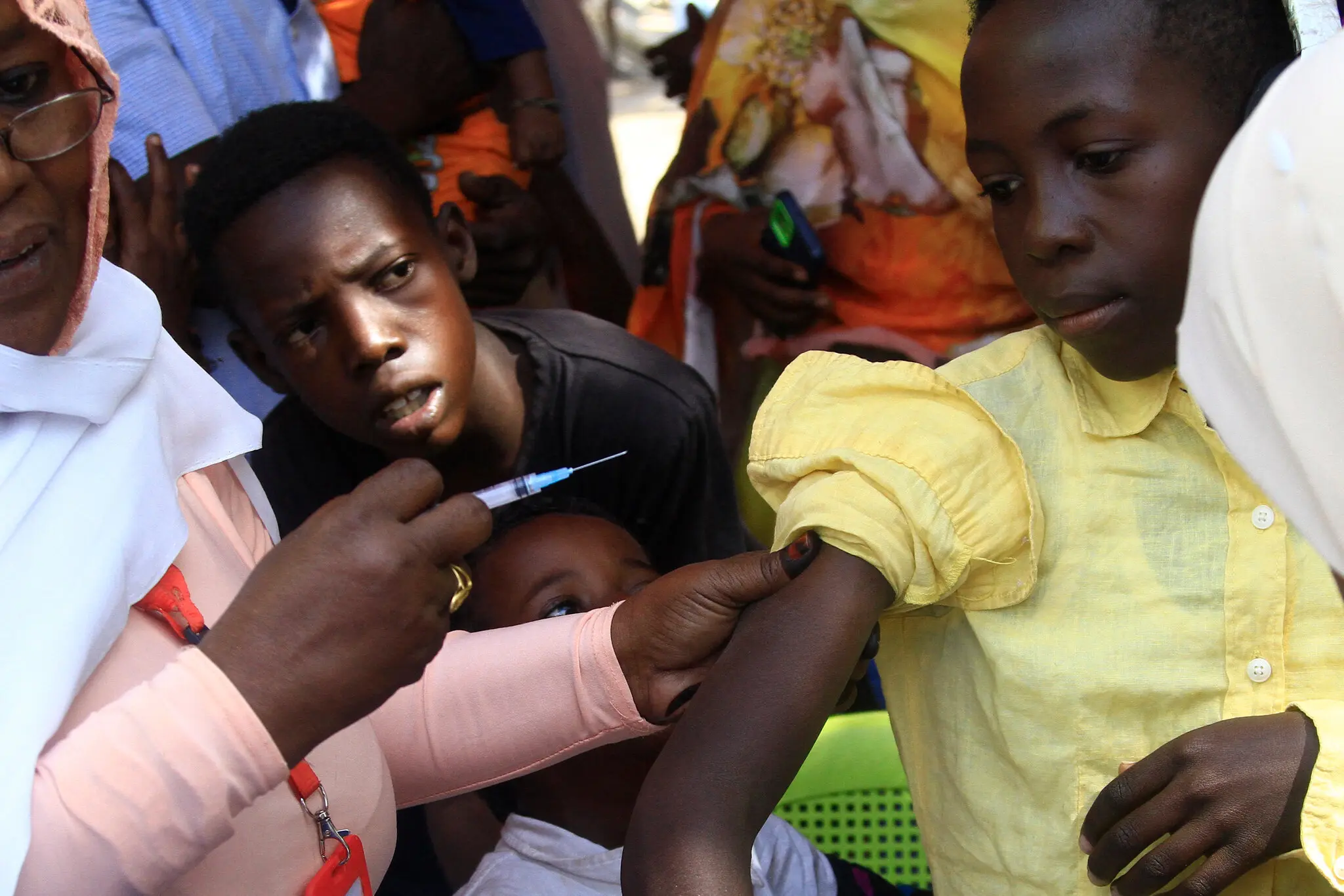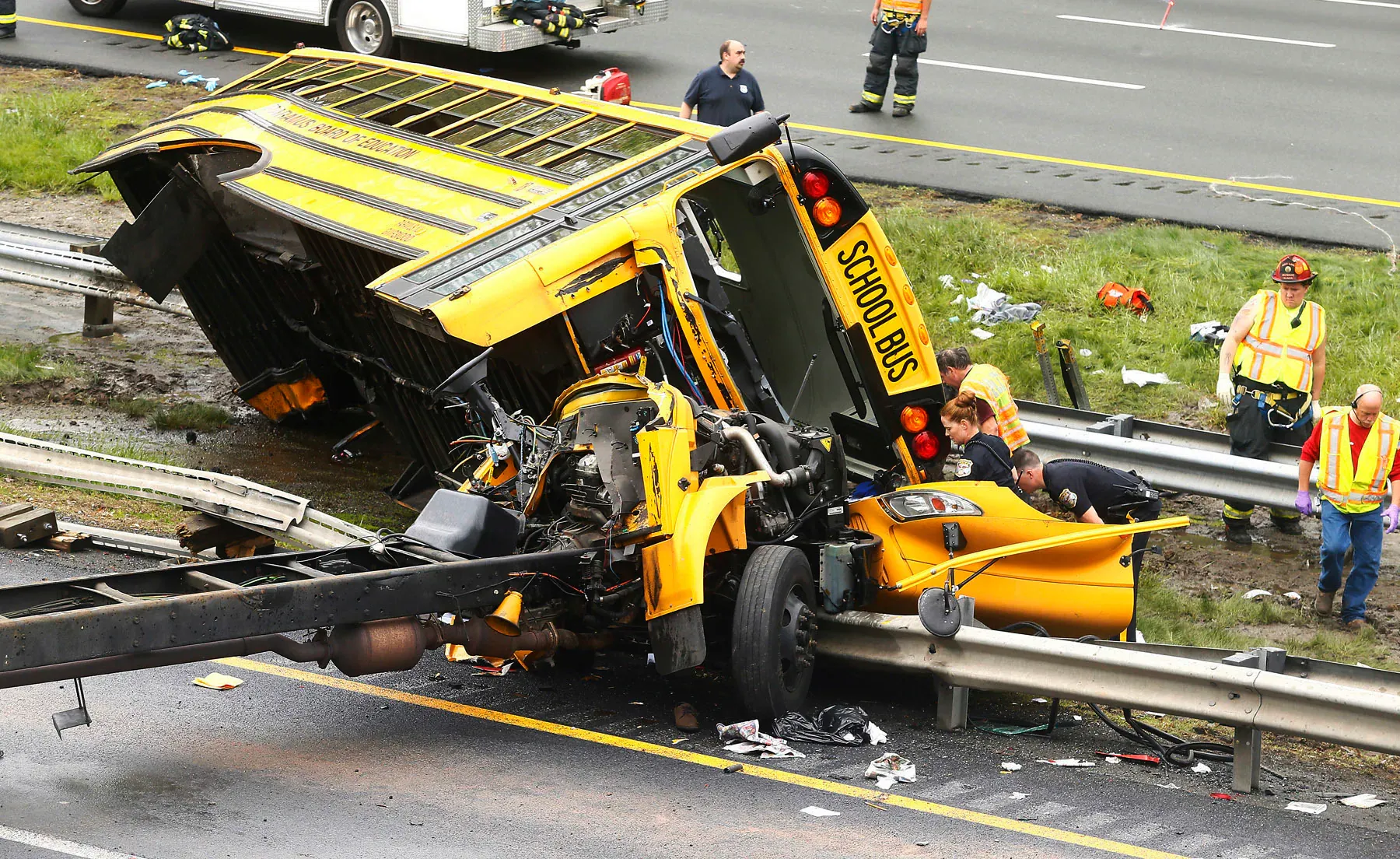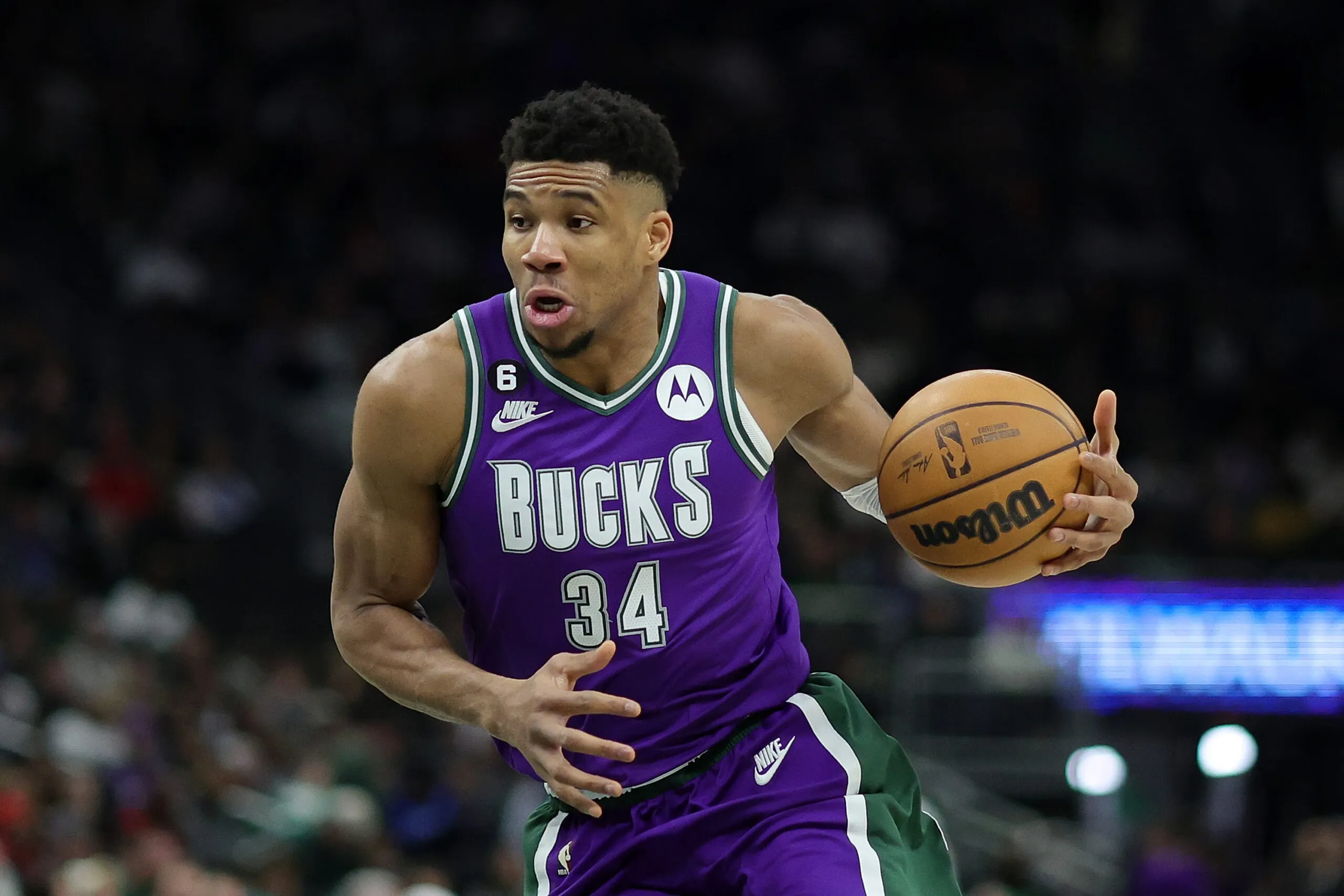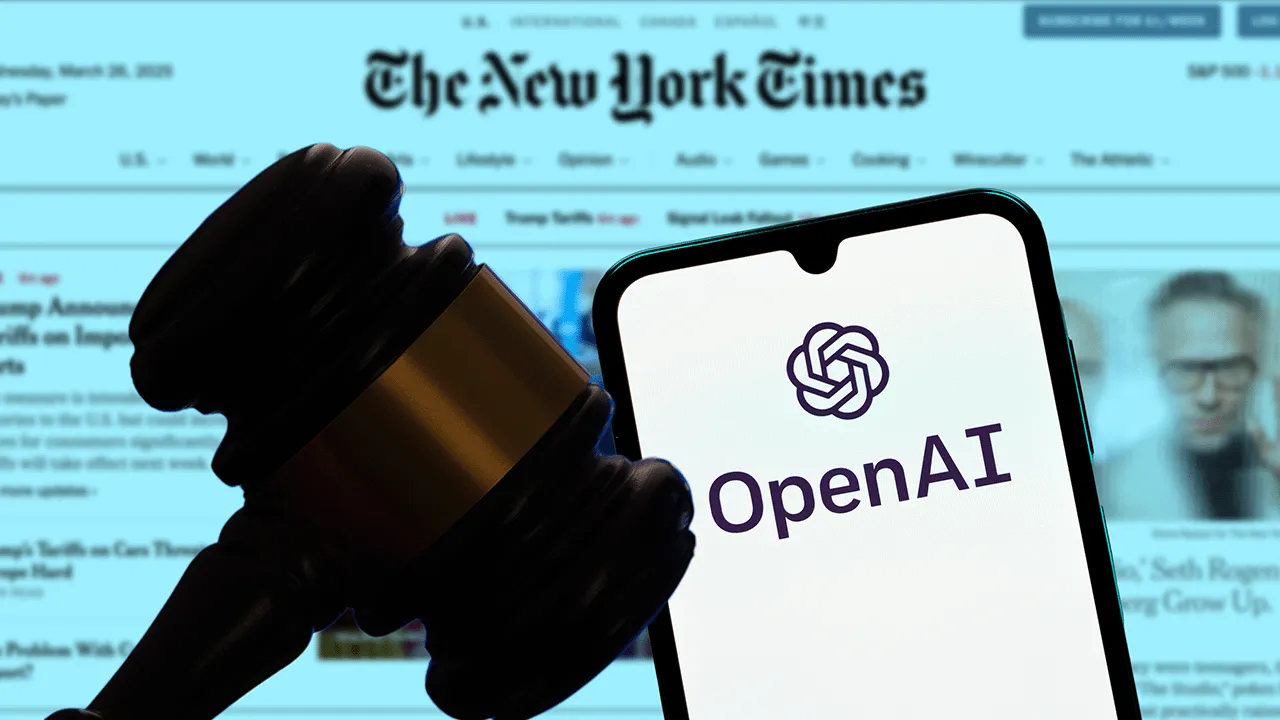A Shocking Decision: U.S. Withdraws Support for Gavi
International health leaders are reeling after the Trump administration recently announced that it will cut off U.S. funding for Gavi, the vaccine alliance that helps immunize tens of millions of children in the developing world. That decision, outlined in a 281-page spreadsheet obtained by The New York Times, details plans to eliminate thousands of foreign aid programs, greatly diminishing the role of the United States in global health initiatives.
Gavi has been a lifeline for poorer countries — giving them access to life-saving vaccines against deadly diseases, including measles, polio and diphtheria. In the 25 years since its founding, the organization estimates it has saved about 19 million children’s lives. The U.S. contributes 13 percent to Gavi’s budget, and the consequences of a withdrawal for the world will be devastating, as it could mean 75 million children less vaccinated in the next five years. This may lead to death to over 12 million children across the globe.
The Larger Impact: Malaria and Other Aid Cuts
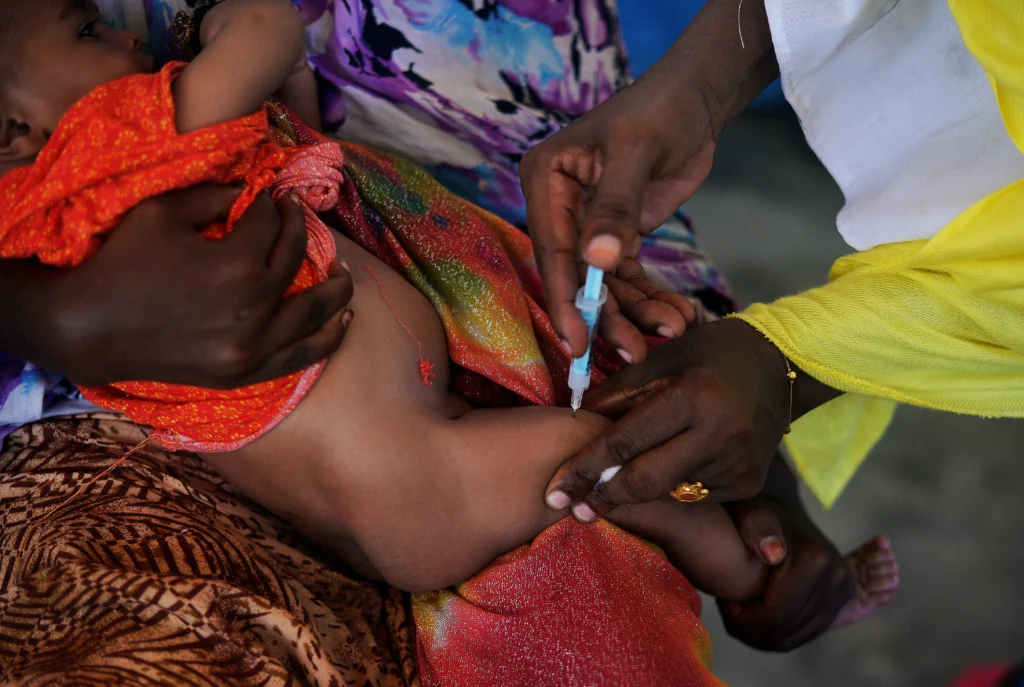
The Ripple Effect: A Global Health Crisis in the Making
Perhaps most alarming is the concern that stripping this funding could reverse decades of progress in global health. New vaccines — for severe malaria, for example, and for cervical cancer prevention — were supposed to be rolled out with Gavi’s backing. Without U.S. contributions, many of these projects could languish or be canceled altogether.
The impact will be most severe in places like sub-Saharan Africa, where diseases like malaria, measles and tuberculosis kill millions of people every year. Health experts worry that without financing for vaccination efforts, diseases that once were under control will return and spread swiftly.
Dr. Sania Nishtar, Gavi’s chief executive, said she hopes the Trump administration will change its mind. “Investing in Gavi is not spending, it’s an investment in global health security,” she said. The organization’s work helps prevent outbreaks, protects people and curbs the potential for pandemics that could endanger even developed countries.
The Future of Global Health
With the U.S. reducing its role as a global health leader, the fate of millions of children is at stake. The cuts to vaccine funding and malaria programs may cause higher mortality rates, disease outbreaks, and global health instability. The details will continue to be debated, both in courts and out — but more immediately, one of the main issues is ensuring that those most in need are not made collateral damage by such decisions.
Do the roles want to be relieved in the first place? Can advocacy efforts and legal challenges reverse those cuts? The next few months will be vital for the future of global health initiatives, and millions of lives that they can save.
And that decision to stop funding isn’t only about vaccines. Multiple large-scale programs targeting malaria, one of the world’s most lethal illnesses, have also been shut down. Some grants for treating HIV and tuberculosis will continue, but scores of other vital health and humanitarian aid programs are being eliminated.
In fact, the administration has slashed funds to the United Nations Food and Agriculture Organization, which is a key contributor to monitoring diseases that cross from animals to humans, including bird flu. The cuts go beyond health care, impacting food assistance programs that give aid to countries grappling with war, extreme poverty and natural disasters.
Why This Decision Matters
Over the years, the United States has also been a leader in global health initiatives, pouring billions of dollars in foreign aid into efforts to combat infectious diseases and strengthen health care infrastructure. Such programs save lives at home and abroad, preventing outbreaks from spreading around the world—including to the U.S. itself. The health experts warn eliminating such advances could leave the world vulnerable to blazing outbreaks of vaccine-preventable diseases.
Sierra Leone’s health minister, Dr. Austin Demby, said he was “deeply concerned” about the decision. “This is not merely a bureaucratic decision. Children’s lives are at risk, and global health security will be undermined,” he added. Sierra Leone, as is the case with many other low-income countries, depends on Gavi for routine immunization support and for emergency outbreaks such as mpox crisis.
Political and Legal Challenges
There are still legal and political hurdles to clear despite the administration’s decision. Some of the funding for health programs like HIV treatment and vaccination is appropriated by Congress, so the administration may not have the legal ability to terminate them unilaterally. Several lawsuits are already contesting these terminations, and the future of these programs is unclear.
This policy change also puts pressure on other nations to cover the funding gap. Europe, Japan and other donors have traditionally stepped up for Gavi but many have their own financial woes to fight now. It is uncertain whether other countries will be able to fill the gap now that the U.S. has stepped back.
The Ripple Effect: A Global Health Crisis in the Making
Perhaps most alarming is the concern that stripping this funding could reverse decades of progress in global health. New vaccines — for severe malaria, for example, and for cervical cancer prevention — were supposed to be rolled out with Gavi’s backing. Without U.S. contributions, many of these projects could languish or be canceled altogether.
The impact will be most severe in places like sub-Saharan Africa, where diseases like malaria, measles and tuberculosis kill millions of people every year. Health experts worry that without financing for vaccination efforts, diseases that once were under control will return and spread swiftly.
Dr. Sania Nishtar, Gavi’s chief executive, said she hopes the Trump administration will change its mind. “Investing in Gavi is not spending, it’s an investment in global health security,” she said. The organization’s work helps prevent outbreaks, protects people and curbs the potential for pandemics that could endanger even developed countries.
The Future of Global Health
With the U.S. reducing its role as a global health leader, the fate of millions of children is at stake. The cuts to vaccine funding and malaria programs may cause higher mortality rates, disease outbreaks, and global health instability. The details will continue to be debated, both in courts and out — but more immediately, one of the main issues is ensuring that those most in need are not made collateral damage by such decisions.
Do the roles want to be relieved in the first place? Can advocacy efforts and legal challenges reverse those cuts? The next few months will be vital for the future of global health initiatives, and millions of lives that they can save.

